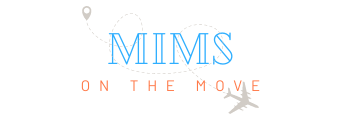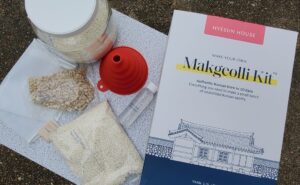So, after one too many buckets and being chased around by a masked man who so desperately wanted to play rock-paper-scissors at Monkey Beach in Apgujeong, I was absolutely useless on Sunday. There was no way I was going to be capable of leaving my apartment, so I figured I should do something productive with my day off. I went to this fantastic website that a co-worker had sent to me and started the task of learning Hanguel, the Korean writing system.
Hanguel was invented, with some parts being borrowed from the Chinese, in the 1400s by a Korean king. I read somewhere that he said that a wise person could learn Hanguel in a morning and a dumb person could learn it in a week. Or something along those lines. Still, it’s supposed to be one of the easier systems to learn, and I have to agree. Although I am nowhere near where I’d ultimately like to be, I was able to pick up all of the basic letters in one day, which I guess is not bad for a hungover person. I can even successfully write many words, if I interpret the sounds correctly. The Korean language lacks many sounds that are common in English, like the “th,” “r,” and “l” sounds, so it’s tricky to establish the variances. Characters are created by combining sounds to make syllables, rather than combining characters to makes words, as we do with English.
My motivation for learning the writing system is to lessen the overwhelming feelings experienced when I am out and about in Seoul. It’s very possible to live in Korea without ever learning the language, but I feel that it’s part of living the experience, and it’s truly exciting to be able to read signs walking down the street. I may not know what they mean, but I can still read them. Also, many things in Korea are written in Konglish, which is a sloppy mix of English and Korean. For instance, items on a menu may be written in the Hanguel alphabet, but once read, can be identified as English. I don’t understand this concept at all, because Korean people would need to know English to understand such a menu. But, now that I’m getting the alphabet down, it will certainly work to my advantage.

The Hanguel above literally reads “mee-nee-beu-geu-saen-deu-wee-jee” or “Mini Burger Sandwich” when you put it all together. Knowing this makes life easy when the English words are not present. Also, it makes “Shoots Crap Sandwich” translate to [vegetable] shoots crab sandwich, which sounds much more appetizing.
Much Konglish makes no sense at all. There’s even Konglish in a romanized alphabet, which can be seen on subway advertisements to t-shirts to soda cans. The misspelled and grammatically terrible English always seems to make me laugh. Sometimes, there’s Konglish with words borrowed from the English language but don’t have the same meanings. For instance, if a Korean says they are going to a meeting, they are probably going on a blind date. Or if you interpret a sign in Hanguel to say Burberry, it could simply mean an overcoat or trench coat of no particular brand. There are many comical Konglish terms… I took a quiz to see if I could guess the correct meanings. Most of the answers I had picked up from hearing my kids talk, but was still not able to get 100% correct. Try it yourself.
I’d eventually like to be able to pronounce the sounds correctly. I can’t wait until I can call roll using my students’ Korean names without them laughing. Until then, I’ll just have to use their English names (either previously given to them or created upon their arrival to SEV.) While I usually suggest to them names of my friends or family, I got a little carried away after finishing Midnight Sun last week and ended up with a team of Alice, Ed, Isabella, and Rose. So dorky, but hey, it’s better than having a team full of G-Dragon, Devil, Casanova, and the always popular Obama…


